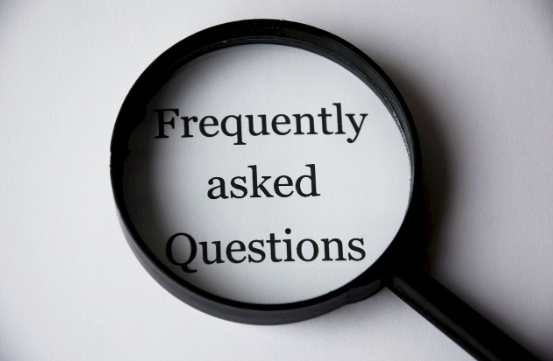
Product Certification FAQs: What You Need to Know
Introduction
In the United States, product certification isn’t just a best practice—it’s a legal requirement for workplace equipment. With over 37 years of experience in the field, Product Safety Consulting Inc. has guided countless manufacturers through the certification process, ensuring their products meet all necessary safety standards and OSHA requirements. Whether you’re bringing a new product to market or ensuring continued compliance for existing lines, understanding the fundamentals of product certification is essential for both legal compliance and business success. We’ve compiled this comprehensive FAQ guide to address the most common questions we receive and clarify the certification process.
What is product certification?
Product certification is a process that verifies and validates that a product meets the minimum safety requirements. It’s essentially a stamp of approval from an authorized body that the product has been independently tested and meets the applicable safety standards.
Why is product certification important?
It’s the law
OSHA requires all electrical products in the workplace to be Certified by a Nationally Recognized Testing Laboratory (NRTL).
Builds trust
Certification assures consumers that a product is safe, reliable, and performs as advertised.
Reduces risk
It helps manufacturers demonstrate their commitment to quality and safety, potentially reducing the risk of product liability.
Meets regulatory requirements
In addition to OSHA, many industries require products to be certified to comply with regulations specific to their field.
Provides competitive advantage
Certification can differentiate a product and attract consumers who value quality and safety.
How does product certification work?
Construction
The product’s construction, markings, and manuals are evaluated to ensure they meet the applicable safety Standard(s).
Testing
Products are then tested by the Certification Body to ensure they meet the applicable safety Standard(s).
Certification
Once compliance is verified, the product is certified. The manufacturer is then allowed to label the product with the Certification mark.
Inspection
Typically, four times per year, the Certification Body inspects the factory to be sure the product being marked is the same product that was originally tested.
Types of product certification:
Full Certifications
The product is submitted to the Certification Body. Once it passes, the manufacturer is allowed to mark the product with the Certification mark as it’s produced.
Field Evaluations
The product is tested on site using non-destructive tests. Once it passes, the product is labeled and allowed to be put in service. There are no factory inspections with this type of certification.
Who benefits from product certification?
Consumers
Certification provides assurance of quality and safety for products they purchase and use.
Manufacturers
It allows them to demonstrate compliance, reduce legal risk, and build trust with their customers and regulatory bodies.
Retailers
Certification can help them offer products that meet consumer expectations and comply with regulations, reducing their liability.
Regulatory bodies
Certification helps ensure products meet safety and regulatory standards before they enter the marketplace.
Navigating the Certification Process Successfully
Product certification is not optional in the American workplace—it’s a legal requirement enforced by OSHA. However, with the right partner, the certification process becomes manageable and efficient. At Product Safety Consulting Inc., we leverage our 37+ years of experience to guide you through every step of the certification journey, from initial design considerations to final approval and ongoing compliance.
Ready to Ensure Your Products Meet All Legal Requirements?
Don’t risk non-compliance or certification delays that could impact your product launch and create liability issues. Contact Product Safety Consulting Inc. today at 877-804-3066 or visit our website to speak with our certification experts. With over 37 years of industry experience, we have the knowledge and expertise to help you achieve certification efficiently and effectively.

